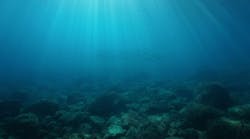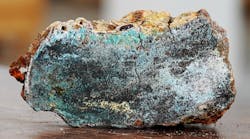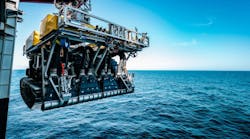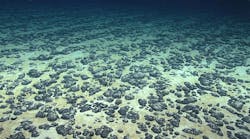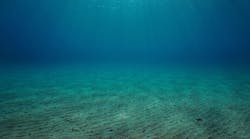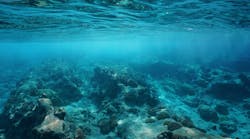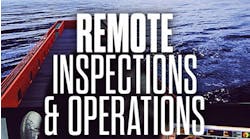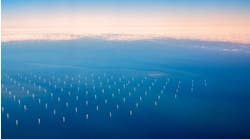The Pacific nation of Kiribati says that it is exploring a deep-sea mining partnership with China, potentially offering access to a vast area of Pacific Ocean that contains valuable metals and minerals.
As reported by AFP, China has been ramping up efforts to court Pacific nations that have commercial seafloor deposits of cobalt, nickel and copper – recently inking a cooperation deal with the Cook Islands.
Kiribati opened discussions with Chinese ambassador Zhou Limin after a longstanding agreement with leading deep-sea mining outfit The Metals Company fell through.
Pacific nations Kiribati, the Cook Islands and Nauru sit at the forefront of a highly contentious push to mine the depths of the ocean. Kiribati holds rights for deep-sea mining exploration across a 75,000-square-kilometer area of the Pacific, in a region known as the Clarion Clipperton Zone.
Through state-backed subsidiary Marawa Research, Kiribati had been working with Canada-based The Metals Company to explore the mineral deposits. But that agreement was terminated “mutually” at the end of 2024, The Metals Company told AFP.
A Kiribati fisheries official said the nation was now exploring opportunities with other foreign partners.
The Metals Company said Kiribati's mining rights were “less commercially favorable” than other projects with Pacific nations Nauru and Tonga.
Kiribati's announcement comes as international regulators begin a series of meetings that could decide the fate of the nascent industry. The Metals Company and other industry players are pushing the International Seabed Authority to set rules allowing large-scale exploitation.
Kiribati, an archipelago that is home to some 130,000 people, lays claim to an ocean expanse that forms one of the largest exclusive economic zones in the world.
China and the Cook Islands reached a five-year cooperation agreement in February to study the Pacific nation's seabed mineral riches. The deal did not include any exploration or mining license.
Companies hope to earn billions by mining – essentially scraping – the ocean floor for polymetallic rocks, or nodules, that are loaded with manganese, cobalt, copper and nickel – metals used to build batteries for electric vehicles.
Pacific nations such as Nauru and Kiribati believe the industry holds the key to economic prosperity in a region where land is scarce. But neighboring countries such as Palau, Fiji and Samoa are staunchly opposed, pushing for lingering environmental questions to be cleared up before anyone embarks upon full-scale operations.
Want more content like this?
Deepsea Mining Opportunities and Challenges
Deepsea mining may represent the next frontier in offshore resource extraction. The energy transition is driving demand for critical minerals—resources that deepsea mining may be able to extract. Vast amounts of manganese, copper, nickel, cobalt, and lithium reside on the seabed in the form of potato-sized polymetallic nodules. However, there is also growing concern that deepsea mining might not meet ESG requirements.
This video originally published on Offshore's website on Feb. 12, 2023.
Subscribe to Offshore's YouTube channel to stay updated on offshore industry trends!

